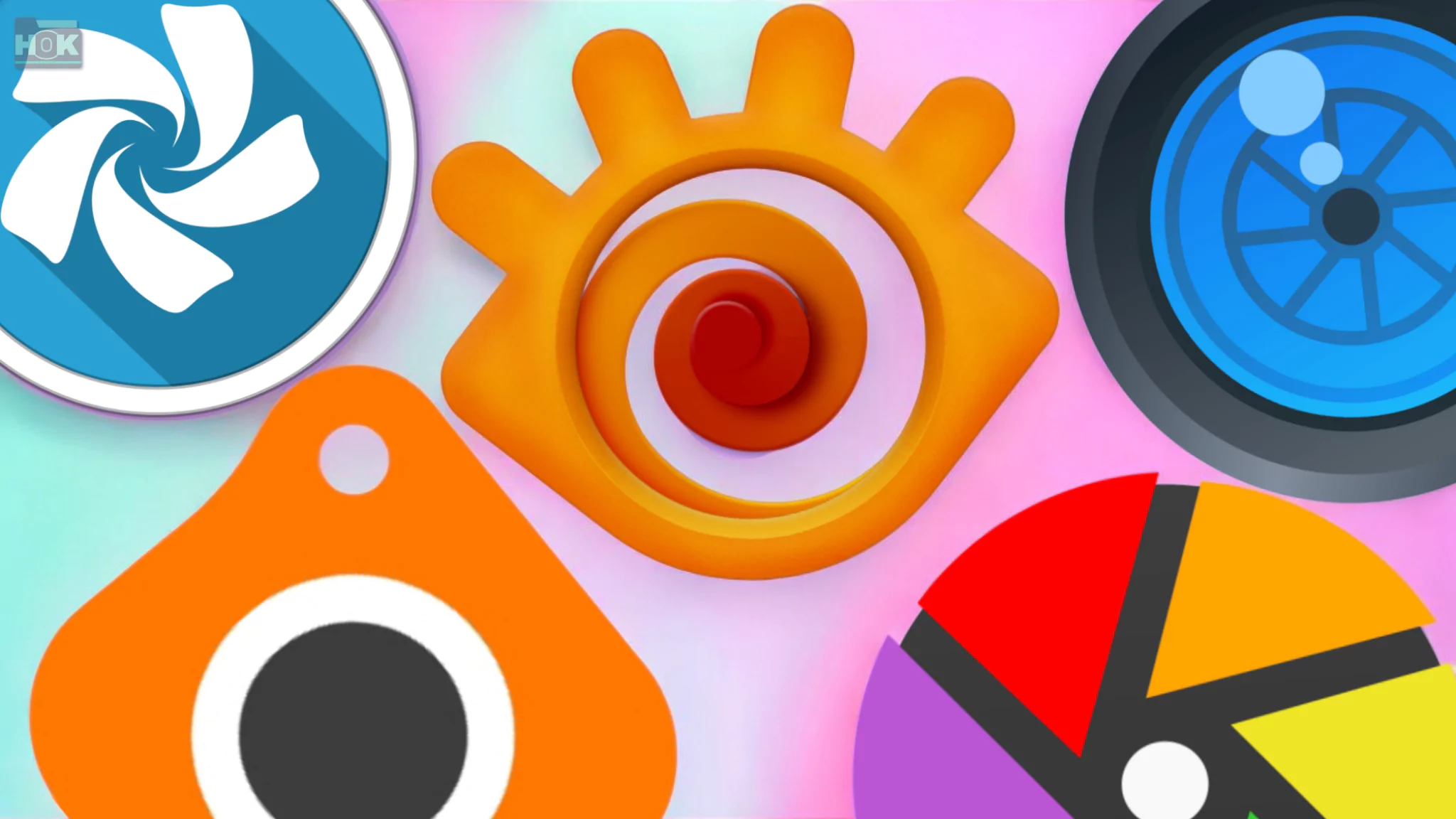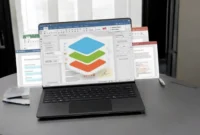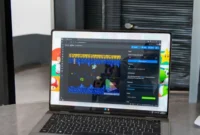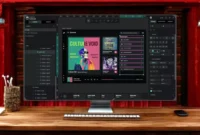How can open source photo management tools improve your workflow and efficiency? What are the best open source tools for organizing your photo library? This article will explore the benefits of open source solutions, including improved control, cost savings, and active community support. We’ll look at top contenders that offer unique features, ease of use, and customization options, including Nextcloud Photos, PhotoPrism, Piwigo, and Lychee.
Open source photo management tools should be a benefit to your workflow, not a hindrance. Most tools offer similar systems, but to get the best results from your photo library, whether it’s hosted on-premises or in the cloud, look for tools that offer categories, geotagging, editing features, and multiple upload options. Enterprise tools that offer features like facial recognition, commonly accepted formats, classification systems, and metadata extraction will provide the best photo management results.

Essential Features for Open Source Image Management Tools
Open source image management tools should aim to streamline and improve your workflow, making it easier to organize and manage your images. When evaluating such tools, Here are a few key features to consider:
Categories and tags
- The ability to categorize and tag photos makes it easy to search and organize them by event, location, theme, or personal preference.
Geotagging
- Automatically adding geographic location information to your photos helps you track where they were taken. This is especially useful when organizing large photo libraries or travel photos.
Editing capabilities
- Integrated editing capabilities let you adjust things like exposure, color balance, and cropping right from the photo management tool.
Multiple upload options
- Whether you store your photos on your local drive or in the cloud, you’ll want the flexibility to easily upload and sync them. Cloud integration lets you access your photos from multiple devices.
Facial recognition
- This enterprise-grade feature helps you quickly find photos of specific people, which is especially useful when managing large photo libraries or albums.
Common formats and metadata extraction
- Support for widely used image formats (JPEG, PNG, TIFF, RAW, etc.) is essential. Additionally, metadata extraction (such as EXIF data) allows you to preserve important information such as camera settings, date, and time.
Classification systems
- Many open source tools allow you to create custom classification systems such as albums, tags, and ratings. This flexibility is essential for organizing your image library in a way that makes sense to you.
By combining these features, open source image management tools can help you effectively manage and edit your growing image collection, whether you are an individual or part of an enterprise team. Some open source options are digiKam, Darktable, and Shotwell, which are known for their powerful metadata management, geotagging, and editing capabilities.
Top Open Source Photo Management Tools for Perfect Library Organization
Below are some open source photo management tools that can help you achieve great library organization, with features like categorization, metadata extraction, geotagging, and more:
digiKam
DigiKam is a powerful open source photo management tool for photographers and enthusiasts. It offers advanced features such as tagging, geotagging, facial recognition, and metadata extraction. With support for RAW files and customizable categories and comprehensive search functions, DigiKam allows users to efficiently organize, edit, and manage large image libraries. It is suitable for both amateur and professional photographers.
Features:
- Advanced tagging, geotagging, and metadata extraction.
- Facial recognition and ability to sort images using custom categories.
- Powerful search and filtering tools.
- Supports a wide range of image formats, including RAW files.
- Includes built-in editing tools for fine-tuning images.
Darktable
Darktable is an open-source photography workflow application focused on RAW image processing. It provides powerful tools for editing, organizing, and managing photo metadata. With support for geotagging and various file formats, Darktable is ideal for professional and amateur photographers.
Features:
- Focused on RAW photo development and management.
- Allows tagging, categorizing, and editing of photos.
- Built-in geotagging support.
- Supports multiple image formats and comprehensive metadata handling.
Shotwell
Shotwell is a simple, open-source photo manager for GNOME. It offers basic organizational tools such as tagging, rating, and album creation, as well as geotagging and basic editing features. Shotwell is ideal for users looking for a lightweight, easy-to-use photo management solution.
Features:
- Simple user interface with basic organizational tools like tagging, rating, and album creation.
- Geotagging support.
- Basic photo editing functions like cropping and color adjustments.
- Syncs photos from directories or online services (like Flickr).
XnView MP
XnView MP is a versatile, open-source photo management tool that supports over 500 image formats. It offers features such as tagging, categorization, metadata management, and basic editing. With a user-friendly interface, it is ideal for organizing and viewing large photo collections.
Features:
- Supports over 500 image formats.
- Advanced organization options like categorization, tagging, and filtering.
- Built-in image editing tools to resize, rotate, and enhance images.
- Excellent metadata support and EXIF data viewing.
Fotoxx
Fotoxx is a lightweight, open source photo management and editing tool for Linux. It offers features such as tagging, folder organization, basic editing, and metadata management. Fotoxx is perfect for users looking for a quick and easy solution to organize and enhance photos.
Features:
- Fast and lightweight photo management with tagging and folder organization.
- Basic photo editing and enhancement options.
- Includes features to create photo albums and manage metadata.
LightZone
LightZone is an open source photo management and editing tool focused on non-destructive processing of RAW images. It offers features such as tagging, organization, and advanced editing, making it ideal for photographers looking for a free alternative to Lightroom to enhance and organize their photos.
Features:
- Focused on RAW photo editing and management.
- Allows tagging, organizing, and categorizing images.
- Non-destructive editing with Lightroom-like features.
- Supports wide-angle image management and adjustments.
Piwigo
Piwigo is an open source photo management software for web use. It allows users to organize, tag, and geotag photos, and offers album and privacy settings. It is ideal for those who want to organize and manage their personal photo albums online.
Features:
- Designed primarily for web-based photo management.
- Can be hosted on your own server, offering privacy and control.
- Supports albums, categories, tags, and geotagging.
- Extensions for advanced features like facial recognition.


